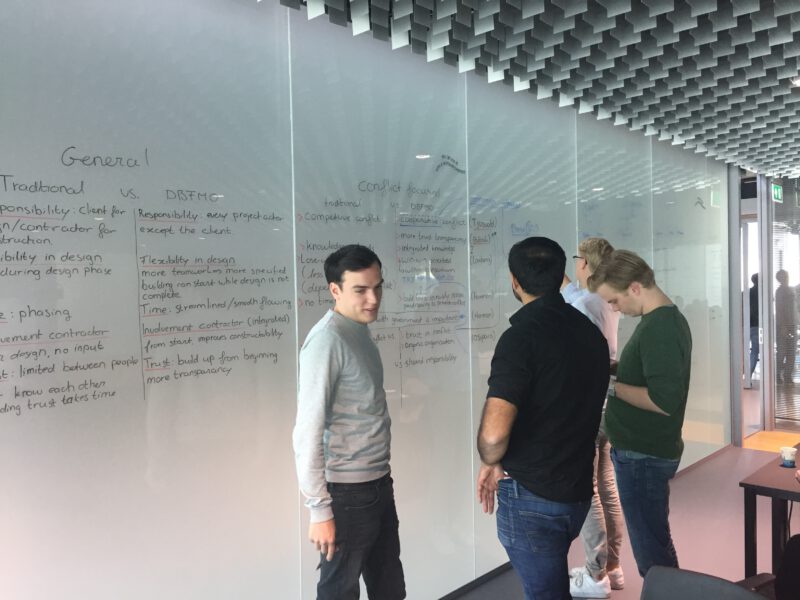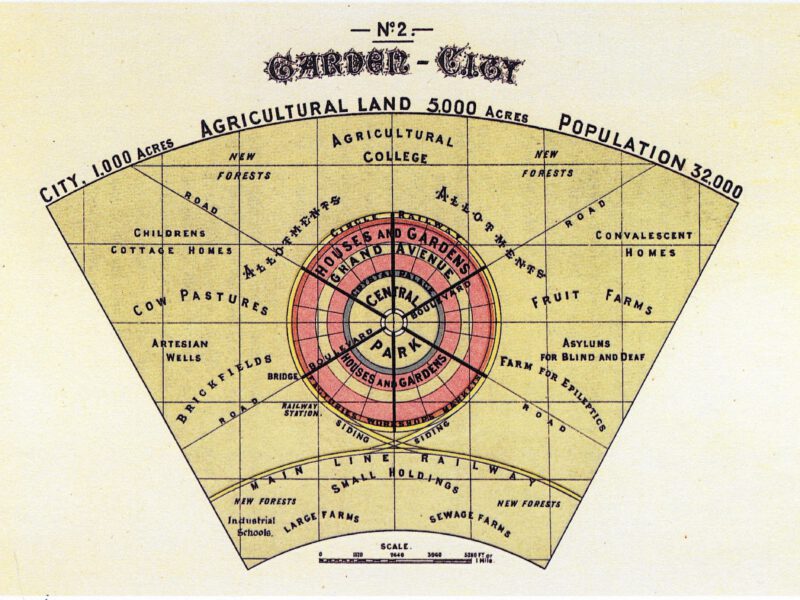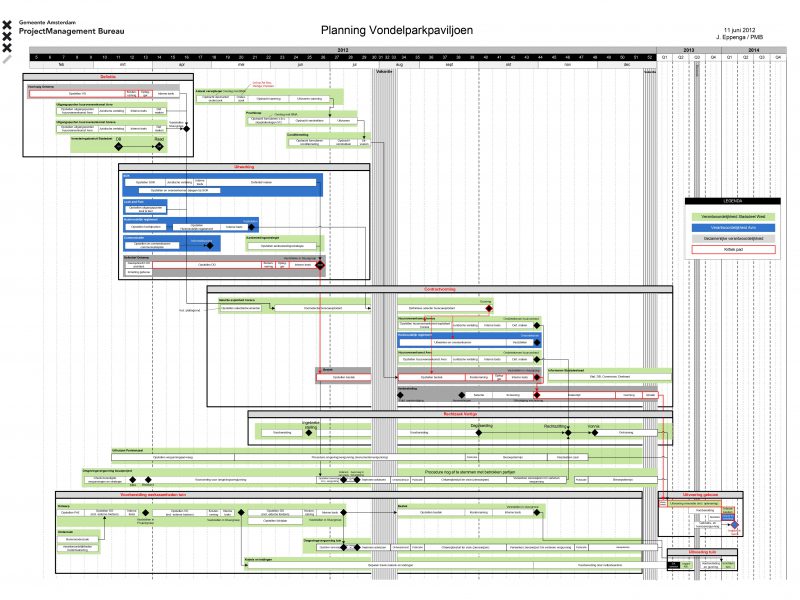 Starting a project and defining what is ?in or out? is called scoping. The scope of a project has a relation with the assignment of a manager. The manager will be responsible for all that is ?in the scope? and cannot be held responsible for all that is ?beyond the scope?. A smart manager is always aware of the borders of his assignment, and he is clear about it to his client.
Starting a project and defining what is ?in or out? is called scoping. The scope of a project has a relation with the assignment of a manager. The manager will be responsible for all that is ?in the scope? and cannot be held responsible for all that is ?beyond the scope?. A smart manager is always aware of the borders of his assignment, and he is clear about it to his client.
I give you an example. The manager will be responsible for delivering the documents (within time and budget), needed for the building permit. But he/she has no influence on civilians opposing the plan. The manager can?t tell the neighbors not to complain. It is not in her or his power. What could be the task of a manager, is the swift handling of opposing views, for instance by negotiations or by changing plans. But the outcome is not predictable.
As you can see the definition of a project or scope is not as black and white as stated in the first paragraph.
The world beyond your scope, as shown in the example, always has influence on your project and a manager has to be aware of that. Normally you state this in the contract with your client.
In management we call this the ?Circles of influence? represented by the drawing. You are in the centre of your world and your project is within the border of the circle. The scope of the project goes as far as the border. The world outside the circle is not your project and therefore not you responsibility. However, it does not mean you don?t have any influence. You can act and try to influence persons beyond the circle, in favor of your project, like the first example shows.
But there is more. It is not always possible to define the scope precisely and a scope can and will change over time.
In the beginning, maybe not all parameters of a project are known. A client wants, for instance, an extreme architectural ambition in terms of quality, costs and time, like the Guggenheim Bilbao, Sidney opera house or the EYE museum. Are you, as a manager, able to define the scope upfront? Can you define all content for your contract, concerning the project?
I don?t think you can.
For me it is ?dangerous? to speak of a project if it is not possible to define it as a project.
The solution is in the word: ?project?. If not all mayor parameters are known you can’t speak of a project at all. More specific, if we use the parameters MOTIQ (Money, Organization, Time, Information, and Quality) and if one or more of the parameters is not defined, you can’t speak of a project. Then, I think, it is your task, as a manager, to define the missing parameter(s). Maybe you need to set up a feasibility study, maybe you need a preliminary design, maybe something else. It?s up to the manager to come with a solution to fill the gap.
If the client wants an iconic building but the design is not made yet, a clear scope cannot be defined. You?ll have to wait until the architect presents the designs during (for instance) in a tender. After the client made his/her choice about the design, you will be able to define quality, costs and probably your time estimations too. When all the aspects of MOTIQ are defined, you are able to give a clear definition of the scope of the project.
And the funny thing is: there is always a chance that your client wants to change things. Until the contractor delivers the building the wish of people to change things is always there.
If you are not able to define the project, you could call it research or study. This is why the first step of a building project is often called feasibility study. Management of a research project is often different from management of a design project or a construction project. I call my work process management until the scope of the project is defined. After that, I call it project management, or contract management.
Another example
In 2009 the city of Amsterdam assigned a committee to evaluate the Amsterdam Subway project. (Enqu?te Commissie Noord/Zuidlijn). One of the conclusions of the committee was about the scope. ?While the scope of the project was NOT defined in an early stage of the ?project?, the city council decided to proceed with the work. The budget, approved by the council, in this early stage, had no relationship with reality. Not in relation to technical design proposals in the peat subsoil of the city, not in relation of the sheet piling of the subway stations, not in relation to the final financial contribution of the Dutch government.? The committee concluded that the council decided to proceed with the plan while the process of defining the project was still underway. The scope of the project was NOT defined at all, not in terms of technical solutions and not in terms of funding.
And we all know the results?.





